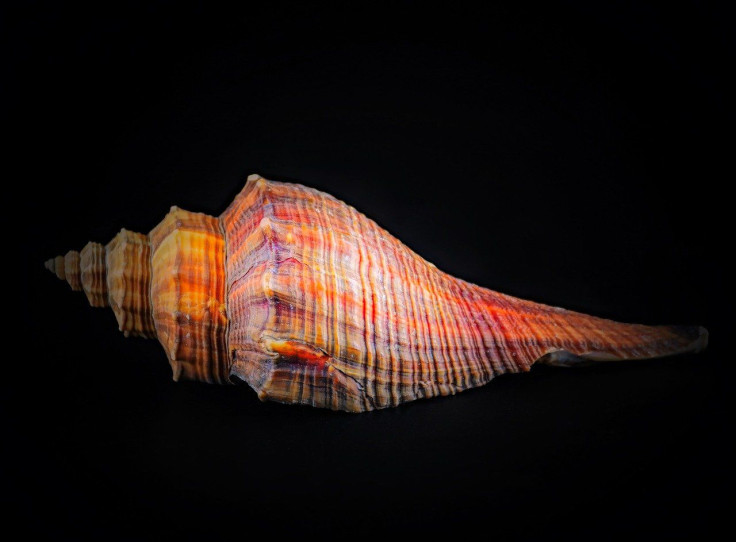Intense Harvest Putting Florida's Iconic State Shell At Risk Of Extinction: Study
KEY POINTS
- The Florida horse conch is sought after by collectors, tourists and dealers
- Its lifespan is actually "surprisingly short" than previously thought
- Their reproduction is "less likely to keep pace with intense harvest than previously thought," says the study
Florida's state shell, the Florida horse conch, has been a symbol of the state's natural resources, but a new study has now found that its population may actually be in trouble.
The Florida horse conch (Triplofusus giganteus) is among the world's largest invertebrate animals, with a record length of two feet, the University of South Florida (USF) noted in a news release. Established in 1969 as Florida's state shell, it is also said to be one of the largest carnivorous gastropods in the world.
Unfortunately, it has also been one of the most sought after and exploited by people such as aquarium dealers, souvenir-hunting tourists and collectors for many years, according to the researchers of a new study published in PLOS ONE Wednesday. Moreover, declines in the species' population have been observed for decades.
"(E)arly depletion of populations by shell collectors was reported by the 1960s," the researchers wrote. "More recent declines are documented in state-wide marine life landings of T. giganteus, which fell from a peak of 14,511 individuals in 1996, to 6,124 in 2000, 1,461 in 2015, and just 67 in 2020."
For their work, the researchers estimated vital information about the species including their lifespan, growth rates, spawning and reproductive maturation. As the researchers explained, the "life history parameters" of the species are so far unknown but are critical in finding out whether they can "replenish themselves at current rates of commercial and recreational harvest."
Because of its size, the Florida horse conch has been believed to live for decades, and even up to half a century. However, the two largest shells that the researchers analyzed grew for 11 and 13 years, with a "surprisingly short" predicted maximum age of 16 years. And those in the wild are smaller and younger than the ones they studied.
They also found that females grow fast each year, but reach sexual maturity at age 6, which the researchers noted to be "relatively late in life." On the other hand, the males slow down early on and reach sexual maturity at a smaller size, USF noted.
"Our research shows that horse conch reproduction is less likely to keep pace with intense harvest than previously thought," Greg Herbert of USF, study lead author, said in the news release.
In other words, the data shows that the species may actually be more at risk of extinction than previously believed.
As the researchers explained, the combination of the species' delayed maturation and short lifespans could create a "life history trap" that increases their risks of population collapse, especially in the ones that are "intensely fished." Allowing to eliminate the largest ones in the population not only removes them from their spawning years but also "disproportionately impacts the most productive females," the researchers said.
"Based on evidence for a decline in mean size of horse conchs since the 1960s, many females are likely harvested before they can spawn," they wrote.
"Horse conch populations are important. They create habitat for other species by leaving empty shells of dead prey around for fish, crabs and other animals to use as homes," Herbert said, as per USF. "They also contribute to the unique experience that we have in Florida of being able to go to the beach and seeing one of the largest seashells in the world at the water's edge."

© Copyright IBTimes 2024. All rights reserved.






















